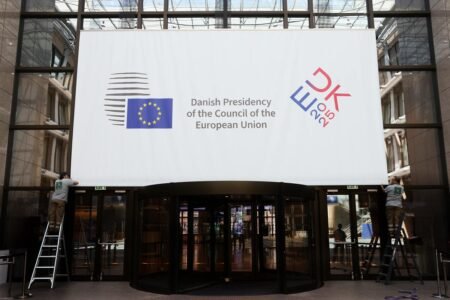(BRUSSELS) – The EU Parliament gave the green light Wednesday to EUR 672.5 billion in grants and loans from a ‘Recovery and Resilience Facility’ to help EU countries tackle the effects of the COVID-19 pandemic.
The funding is the biggest building block of the EUR 750 billion ‘Next Generation EU’ recovery package, and will support key policy areas such as green transition, digital transformation, crisis preparedness as well as children and youth.
MEPs have made clear that a prerequisite to receive funding is respect for the rule of law and the EU’s fundamental values.
672.5 billion in grants and loans will be available to finance national measures designed to alleviate the economic and social consequences of the pandemic. Related projects that began on or after 1 February 2020 can be financed by the RRF, too. The funding will be available for three years and EU governments can request up to 13% pre-financing for their recovery and resilience plans.
To be eligible for financing, national recovery and resilience plans must focus on key EU policy areas – the green transition including biodiversity, digital transformation, economic cohesion and competitiveness, and social and territorial cohesion. Those that focus on how institutions react to crisis and supporting them to prepare for it, as well as policies for children and youth, including education and skills, are also eligible for financing.
Each plan has to dedicate at least 37% of its budget to climate and at least 20% to digital actions. They should have a lasting impact in both social and economic terms, include comprehensive reforms and a robust investment package, and must not significantly harm environmental objectives.
The regulation also stipulates that only member states committed to respecting the rule of law and the European Union’s fundamental values can receive money from the RRF.
To discuss the state of the EU recovery and how the targets and milestones have been implemented by member states, the European Commission, which is responsible for monitoring the implementation of the RRF, may be asked to appear before Parliament’s relevant committees every two months. The Commission will also make an integrated information and monitoring system available to the member states to provide comparable information on how funds are being used.
The Parliament’s approval paves the way for the RRF to come into force in the second half of February. The EU Council first has to formally approve the regulation, after which it will enter into force one day after its publication in the Official Journal of the EU.
Recovery and Resilience Facility: background guide
Recovery and Resilience Facility: Commission website
European Parliament: Adopted text will be available here (9.02.2021)








